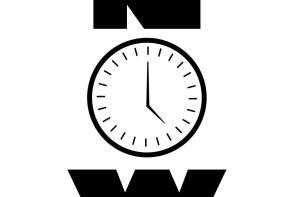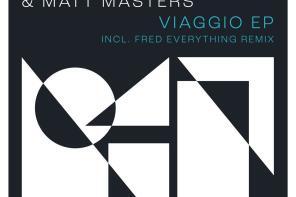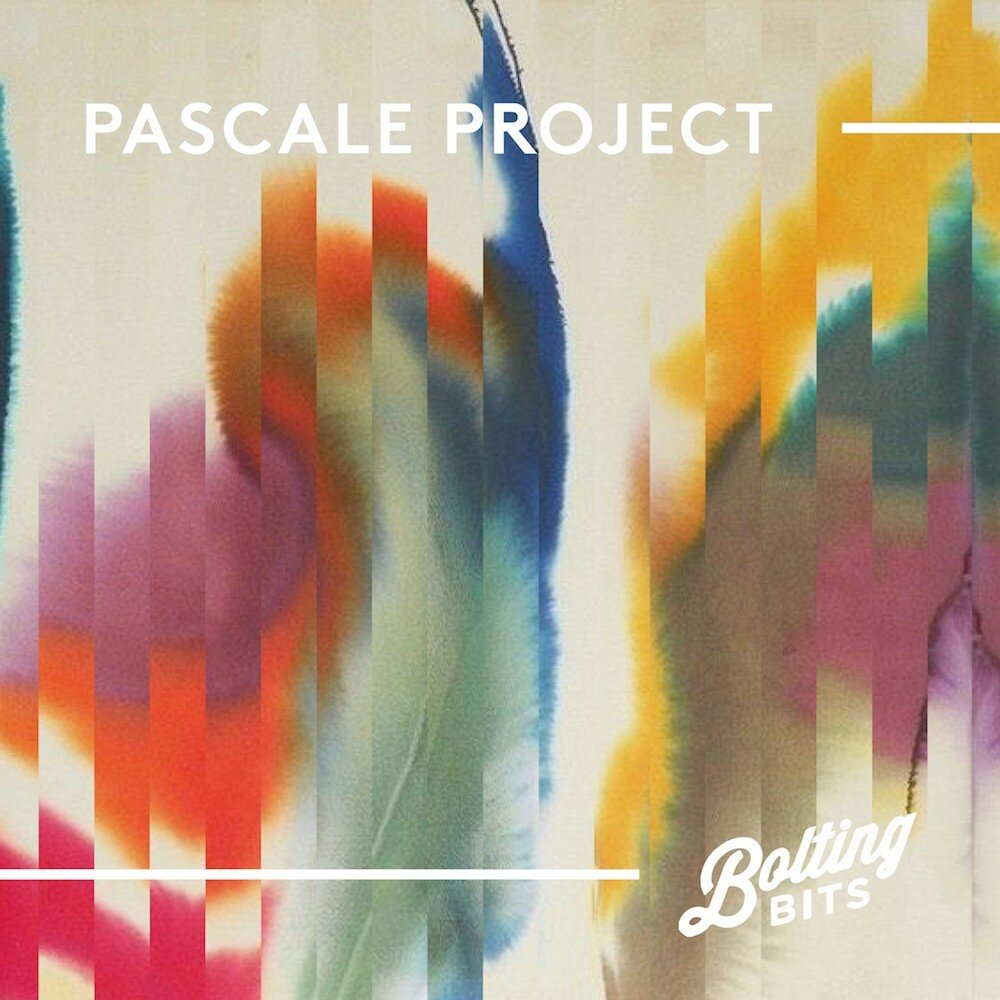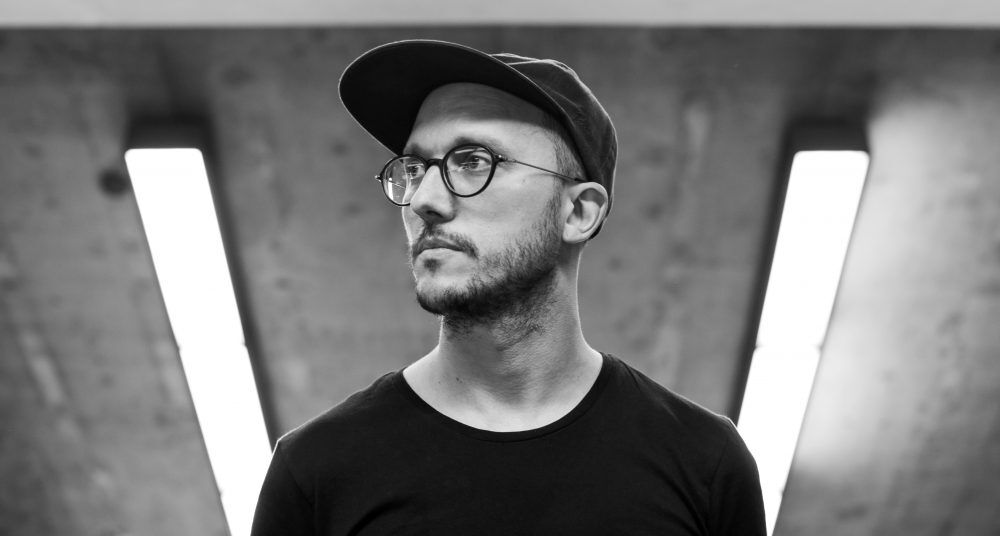
With releases on Boogie Café, Parages and Tensnake’s True Romance, Montreal based French artist Olivier Borzeix aka OJPB has established himself as producer to watch.
He’s back for his second release on Lazy Days after a brief creative break. We talk about his journey through mental health and the light at the end of the tunnel that resulted in Théodore Le Fou.
INTERVIEW
Hello Olivier! Excited to talk to you again to present some of your new music to the world via my label Lazy Days. We’ve talked about you having a bit of a creative pause. What do you think caused this to happen and do you think that taking a break sometimes is necessary?
What caused it was probably life getting at me a little bit, not having a lot of fun but also not enough time and energy. Time I can always find, but energy was the big problem. At least that’s what I thought was happening at the time. I was coming out of a very productive time, churning out track after track…I was pretty happy about that run that lasted for a couple of years but I felt like I was saying the same things with different words. I did that EP for Boogie Cafe around the same time I did my first EP for your label, which I was very happy with, and after, I felt like I was trying to replicate them because I was exhausted creatively and needed some sort of a blueprint. I was also getting deeper into a darker moment in my life, and I only realized the magnitude it had on my creativity later on. So it wasn’t a deliberate pause, and it was a difficult one. I was highly critical of myself for not being creative and things started spiralling downwards with thoughts like : you’re getting old, you’re done, you’ll never be able to do anything again…But in retrospect, this pause was necessary. I was able to recharge my batteries and I changed my perspective on producing.
I’ve trained myself over the years to not believe in writer’s block and to trust the process of “showing up to work” and that only then, something can happen. But I know it can be very frustrating when you have an unproductive day in the studio and you hate all your ideas. When fear starts making an appearance, It’s hard to go to the studio because that’s where fear lives — in our subconscious. Were you at all trying to force creativity or at that point, was it too hard to handle?
I tried a new approach. For the longest time, even before the pandemic, I think I was scared to go to the studio but I would always find things to do in there. I have a pretty big vinyl collection and I’m always in the process of digitizing it. So I would go just to listen to music, discover or re-discover the music I have and sometimes it would spark an idea. But then, the fear was getting the better of me and the energy was lacking. After a while of not doing anything or finishing anything, if the result was not good, I would tell myself : “You see! You’re done!”.
Almost like you were trying to prove a negative point to yourself.
Exactly. The Self-Fulfilling Prophecy! And as the pandemic hit as you know, the purpose of the music we make lost its meaning. Music for the dance floors, which were closed. So that was especially hard going in the studio and remembering going to parties, which really inspired me. That’s another inspiration that was not there anymore.
People might not know, but other than a great DJ and selector, I know you in parties as a dancer.
I don’t consider myself a good dancer, I just love it.
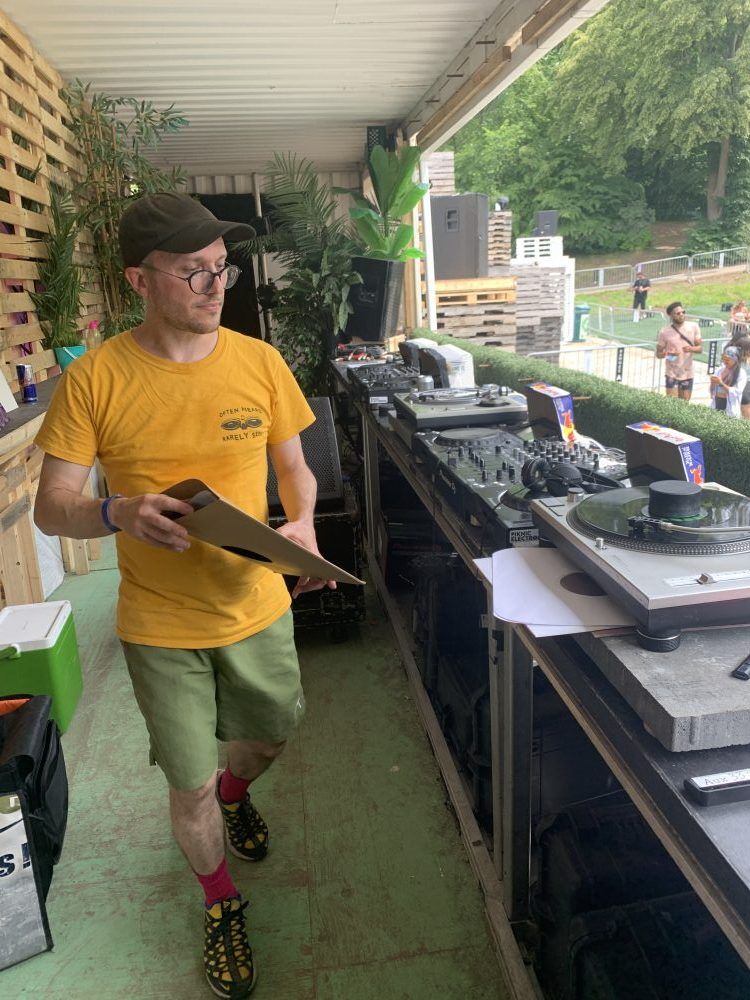
That makes you a good dancer!
I dance like I dance and I feel the way I feel. If I’m not dancing at a party, I’ll start to over analyze everything. If I’m not dancing, it’s either because I’m tired or I don’t like the music. Then what’s the point in being there?
When you sent me that set of new tunes, I instantly felt something positive, like it was some of your most inspired work to date. More than anything, they sound like YOU. Like you found the hidden treasure inside of you that was finally able to come to life after the darkness got the best of you. What do you think your breakthrough was, in getting back into your groove?
There was one moment, a very important moment. I was finally diagnosed with severe depression before the end of last year. I had to leave my day job, and that was really hard. One of the triggers to my anxiety was not being able to make music and the pandemic didn’t help. Feeling isolated and not being able to see people — I was only able to see my very close friends, my girlfriend and my roommate. My close friends helped me and incited me to go see the doctor. In the meantime, one of my best friends, photographer Bruno Destombes, started to make music and he asked me to help him. By helping him get over certain creative blocks, it unlocked something in me and helped me get that confidence to get back into things. Then the next day I went in the studio and wrote a new tune and then every 3 days, I would write a new one and so on for about 2 months.
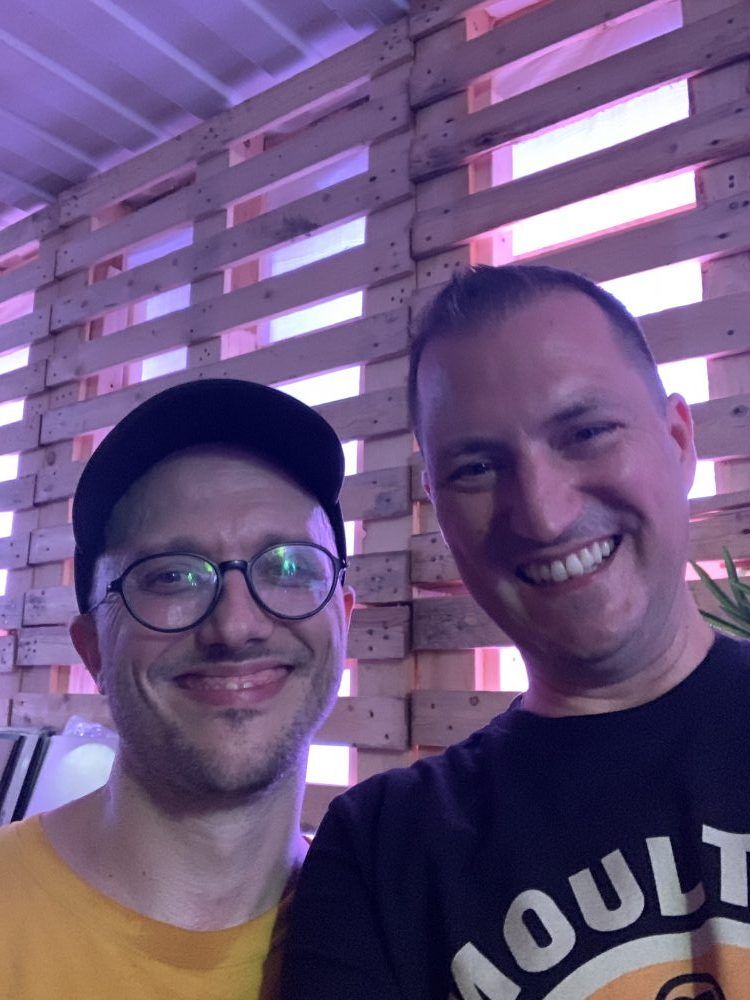
I think teaching re-affirms our own knowledge. For me, teaching is learning. There’s something very healthy and circular about passing on informations you might have taken for granted. You also mentioned that you had to re-appropriate your studio environment.
I had to change my perspective on how I was doing things or at least, how I thought I should be doing things. Just like you, I use a lot of hardware equipment and I became very clerical about it, even removing the computer from the equation at some point to concentrate back on my MPC, I started questioning these habits and allowing for example the use of a software instrument if that serves to convey my message more easily. By freeing myself from these rigid practices, I was finally able to achieve what I wanted.
We get attached to tools and processes. One of the things I try to do is to use the “Straight Line” approach. Whatever gets me my message the fastest is the road I should take. A lot of the time, this happens to be my hardware synths that will be the straight line, but sometime, it could be an Arturia emulation. What would be OJPB’s 4 essential tools in the studio?
Of course there’s the computer running Ableton. Then my MPC 2000XL, I really use it on every track. Lately, I’ve been using my SH-101 again a lot and my TX81Z, the rack version of their DX series. I use it a lot.
Lastly, can you tell us about the inspiration for your EP, Théodore Le Fou, especially the main track?
As usual in my process, I was inspired by a record I was listening to, which was more experimental and I thought It would lead me to a more ambient path. After programming the beat, I realized it was going more in a more into broken beat area being influenced by Atjazz, Kaidi Tatham, Dego, 2000 Black, etc…I was also watching a Swiss movie called Dans La Ville Blanche (In The White City) by director Alain Tanner. It’s the story of a captain that ends up without a boat in Lisbon and he’s away from his wife in Switzerland. It seems like a sad story but I found it to be a luminous movie and Thédore Le Fou was really that moment. The light at the end of the tunnel. Writing it and playing it in my studio made me feel good and warm. There’s also the Brazilian music influence and of course the UK influence mixed with American Deep House influence. I can hear the movie soundtrack influence that a lot of people talk to me about but I rarely listen to movie soundtracks. But I do watch a lot of movies so I guess that’s where the cinematic influence comes from. And I also play a lot of video games and the music in those influence me greatly.
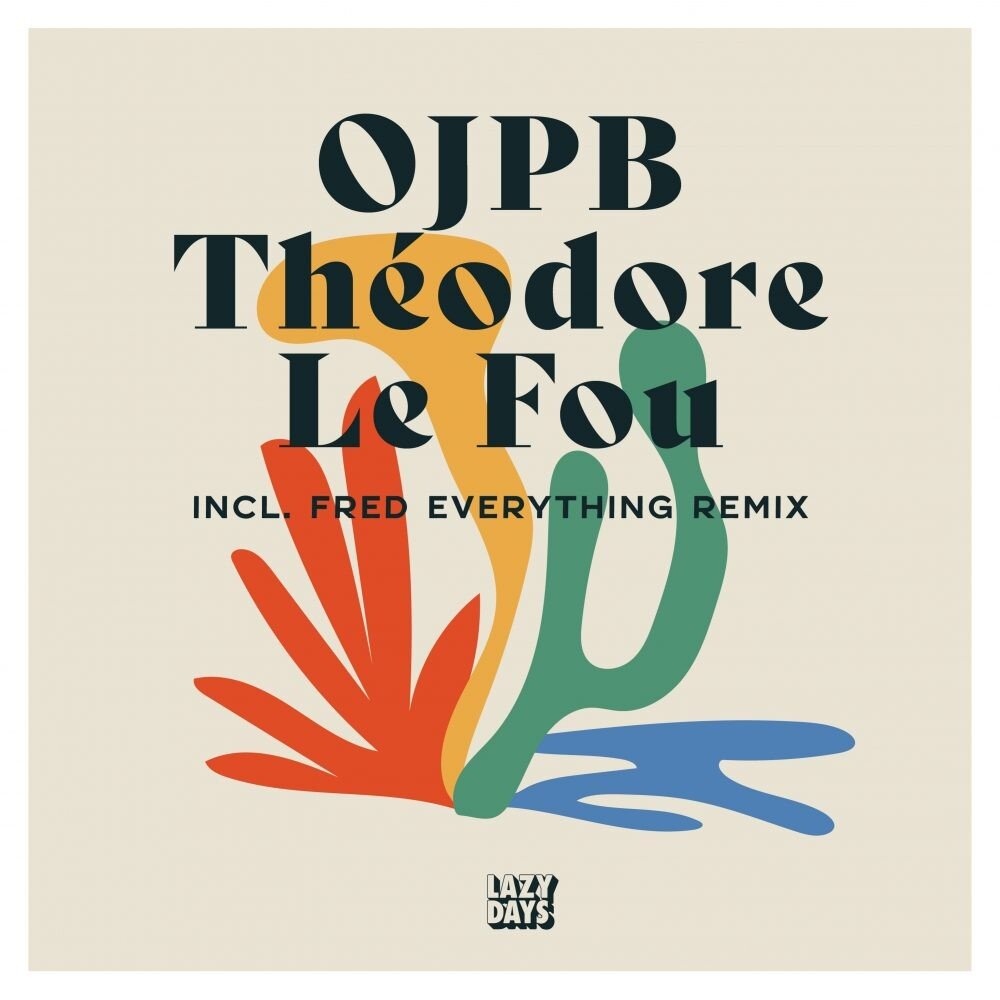
Thanks a lot for opening up to us about your creative process and struggle. It’s very courageous to be vulnerable and hopefully it can help others who might feel like they’re alone in their struggle. And of course, all the best for your current release!
My pleasure! Thanks a lot!
Théodore Le Fou EP is out now on Lazy Days Recordings
Interview by Fred Everything.

